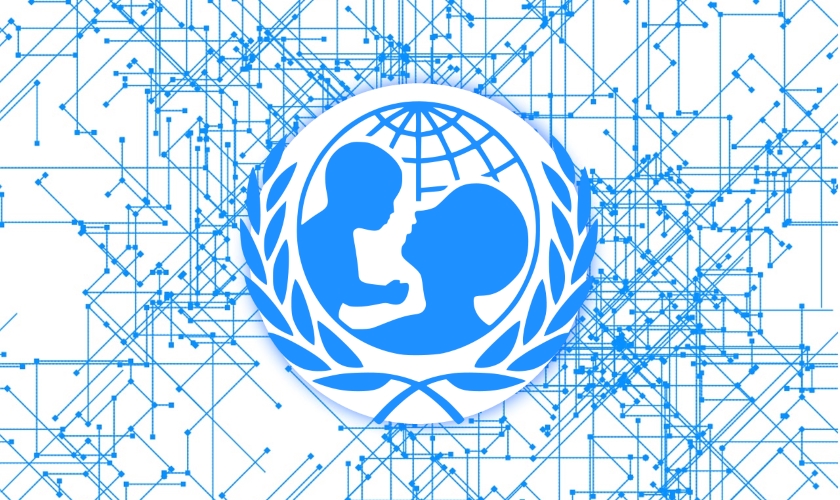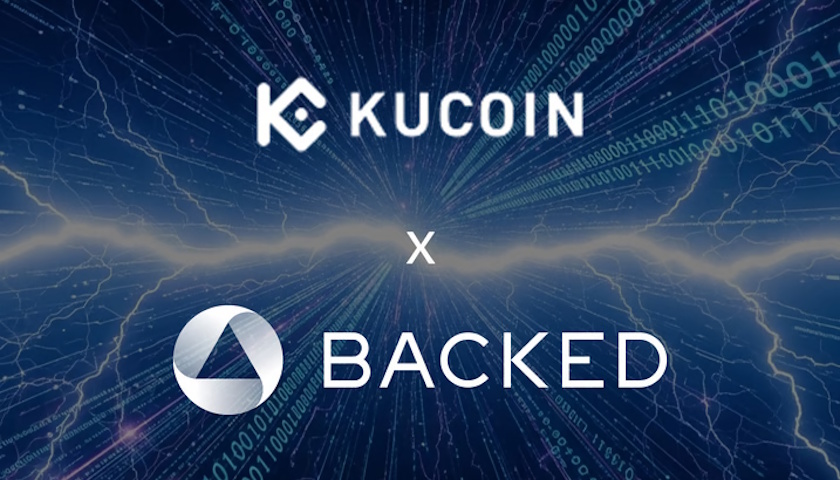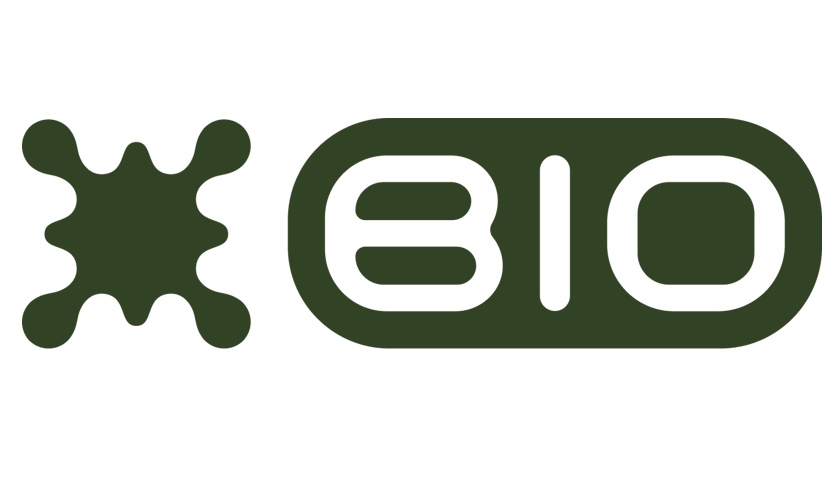The United Nations International Children’s Emergency Fund (UNICEF) has announced investing in six blockchain startups.
According to UNICEF, the new investments are part of the strategy the agency intends to implement in integrating blockchain in its humanitarian work line.
The humanitarian agency already received more than 100 applications from 50 different countries, in response to the shout out it released in Jan. 2018 for young technology startups, while it already has 20 technology firms in its innovation fund, that range from science, machine learning, and virtual reality, to drones.
Today, UNICEF announces its Innovation Fund plan, for investing up to $100,000 USD in Atix Labs, Onesmart, Prescrypto, Statwig, Utopixar, and W3 Engineers, outlining “Using smart-contracts for organizational efficiencies, creating distributed decision-making processes, and working to build knowledge and understanding of distributed ledger technology both in the United Nations and in the countries where UNICEF works.”
As per market expectations, all the startups now should deliver the “open-source prototypes of their blockchain applications” over the next 12 months.
The startups chosen cover significant areas of needs
Atix Labs, in which UNICEF is to invest, is based in Argentina, and is building a platform for small to medium-sized businesses of other types, to access funding in a way that offers traceability as to how the funds are used.
Other two startups are based in Mexico; Onesmart is developing an application to ensure delivering social services provided by the state, addressing the issue of abusing social funds in emerging markets. The second startup, Prescrypto, looks at initiating a platform for registering the medical history of patients, which will consequently improve the availability of electronic prescriptions.
In India there is a startup as well, in which UNICEF eyes investing; Statwig, which provides blockchain solution for the supply-chain management of vaccines for a better delivery of vaccine.
In Bangladesh, W3 Engineers anticipate they manage to connect migrant and refugee communities with an offline mobile networking platform without the need to a sim card or stable internet connection.
Utopixar in Tunisia, plans to build a social tool for decision-making and the transfer of value which will be used by communities and other organisations.
In his turn, Chris Fabian, Principal Adviser at UNICEF Innovation, explained: “Blockchain technology is still at an early stage — and there is a great deal of experimentation, failure, and learning ahead of us as we see how, and where, we can use this technology to create a better world.”
The UNICEF Fund opts for investing in companies when its financing and technical support for “vulnerable” populations are capable of benefiting technology to “grow and mature in the fairest and equitable way possible.”
It is worth mentioning that humanitarian agency seems to be open to today’s technology and the updated pace of life, where the reports said it accepted payments and donations in cryptocurrency in its branch in France, as AtoZ Markets reported on Sep. 25.
Source: atozmarkets.com




